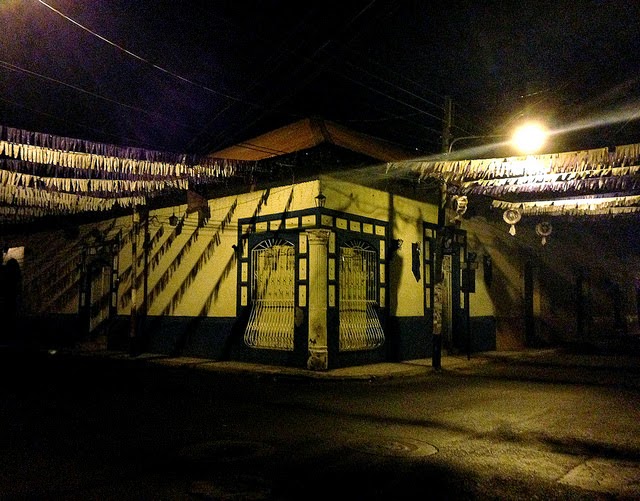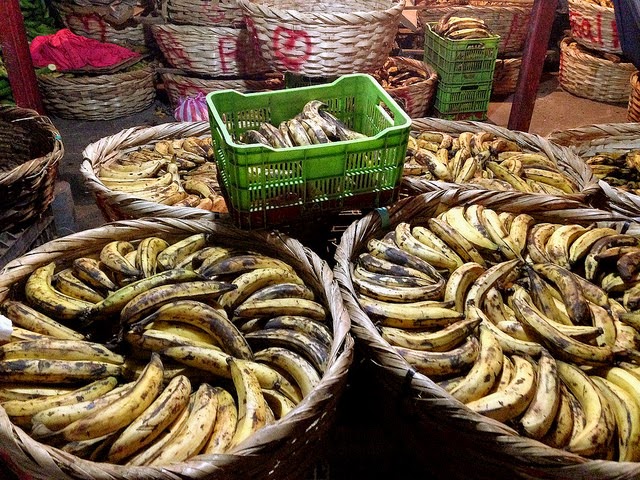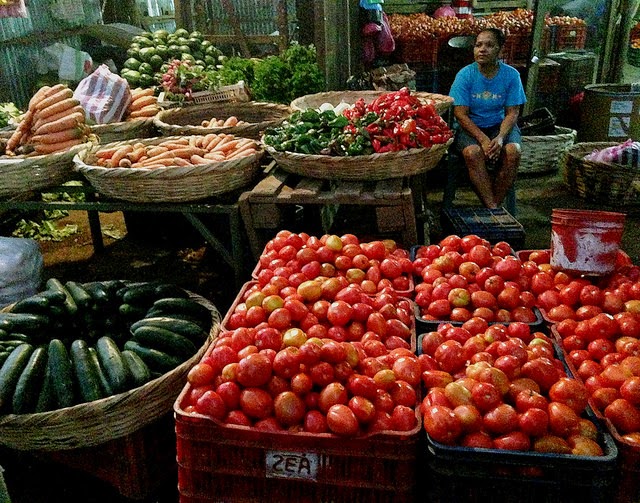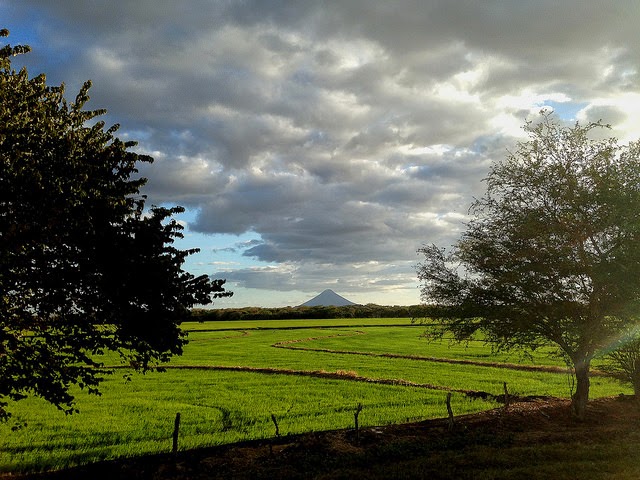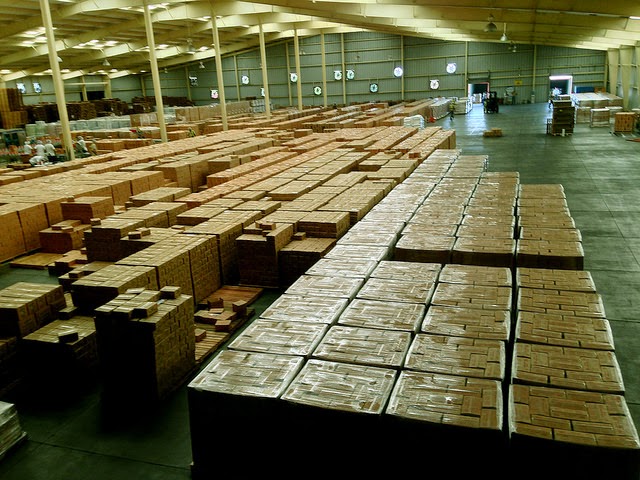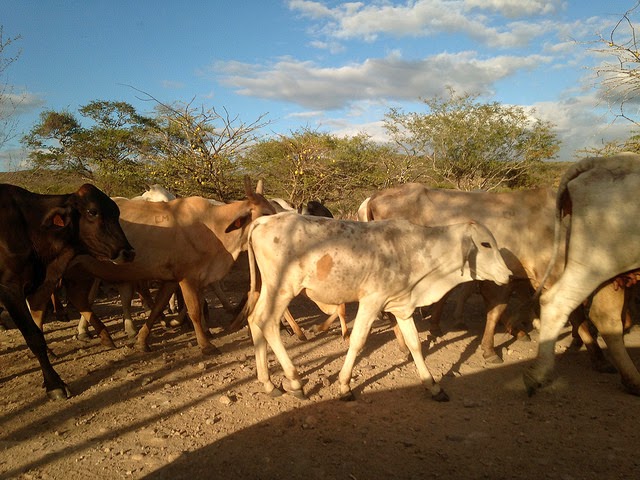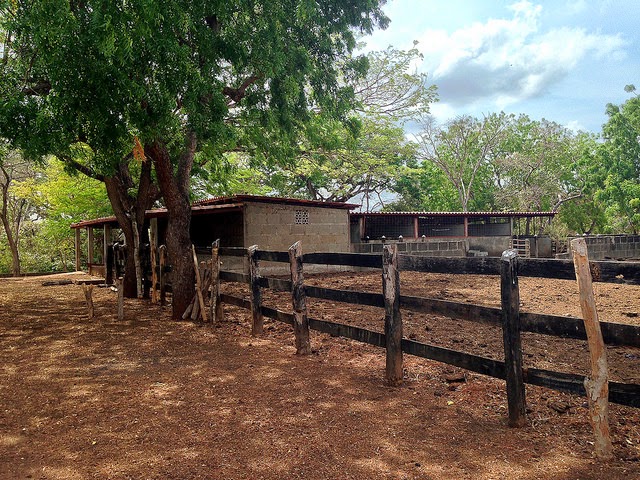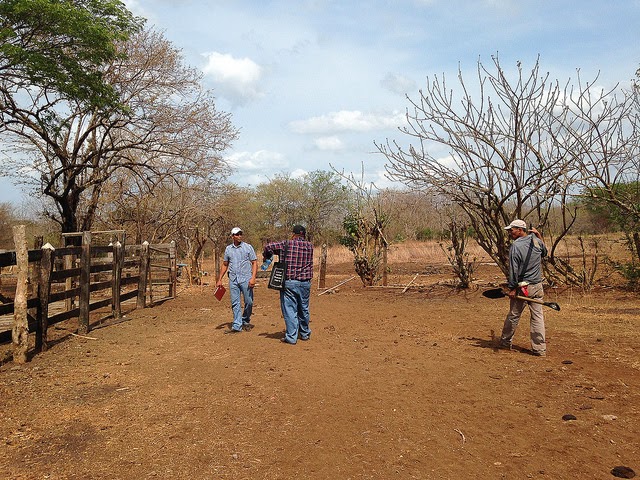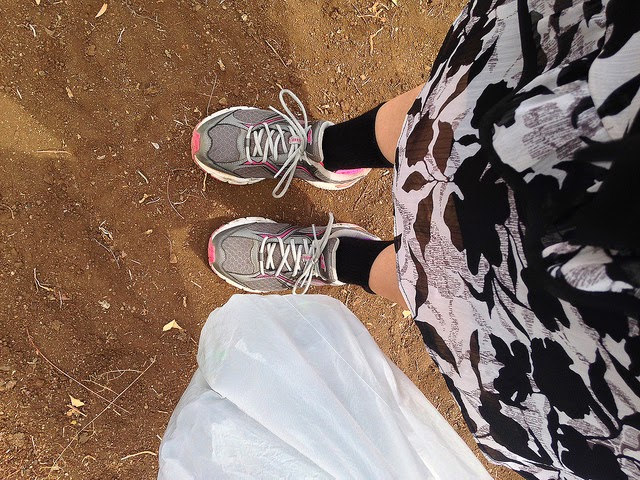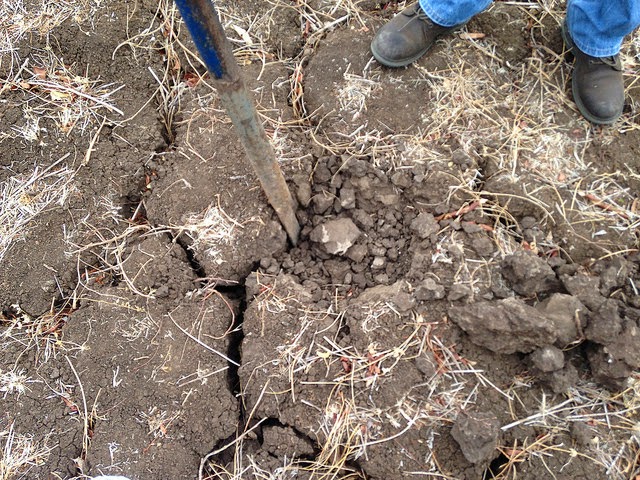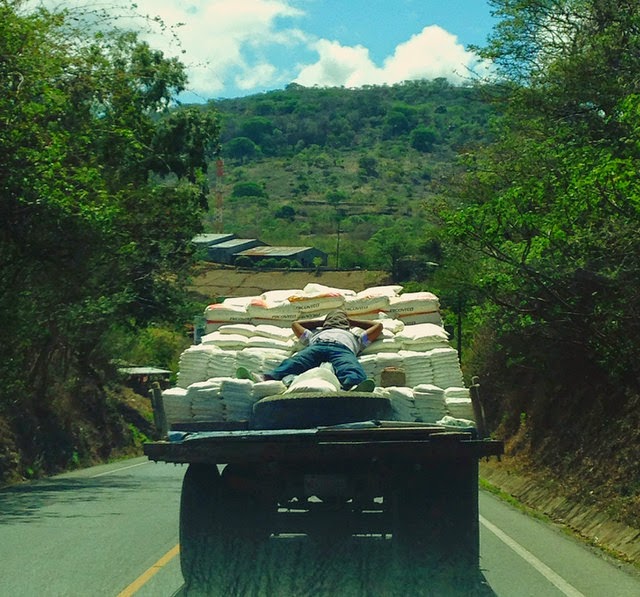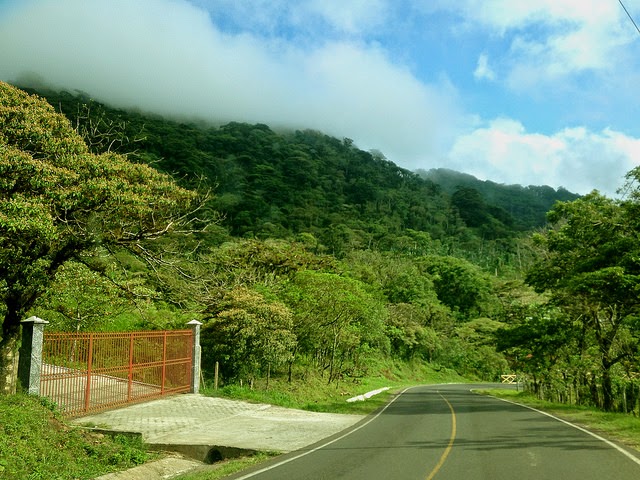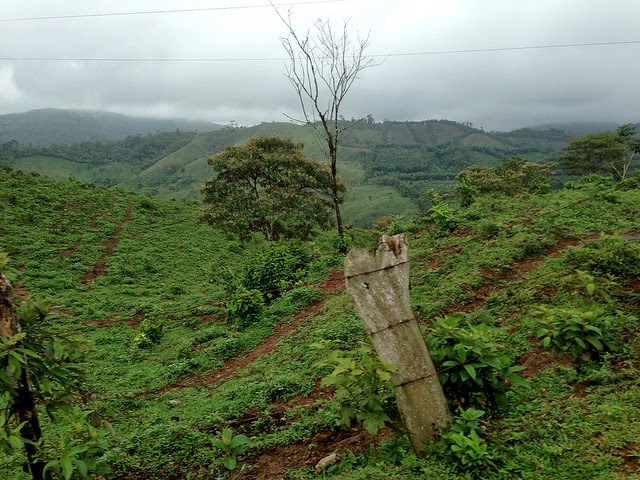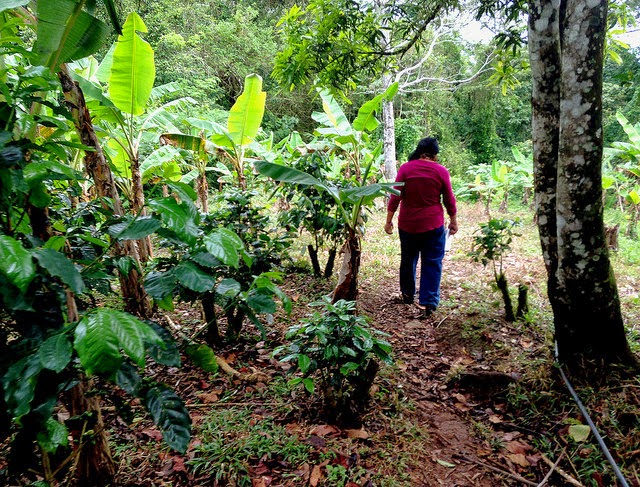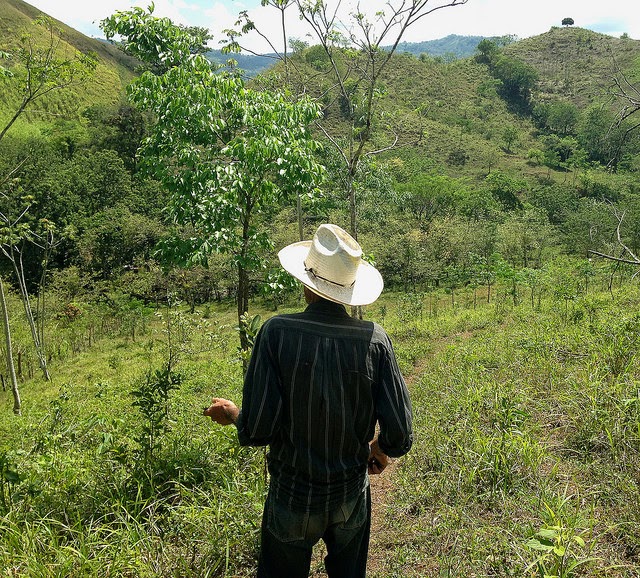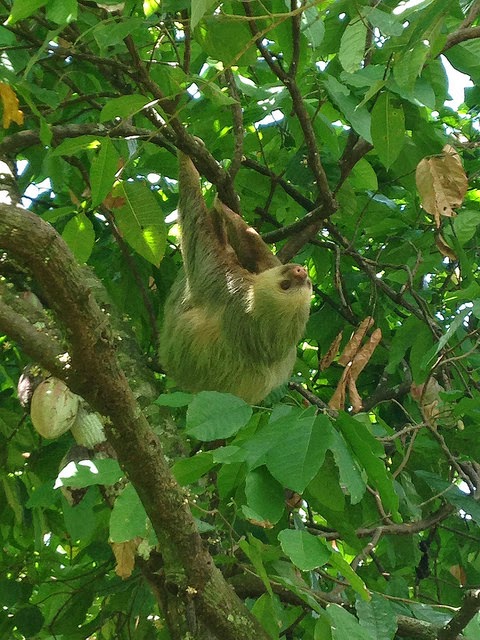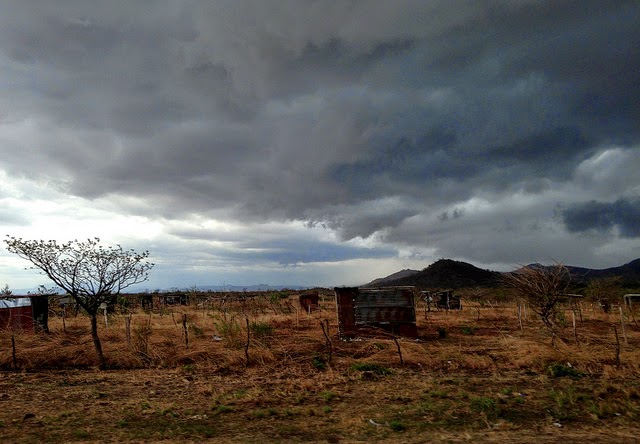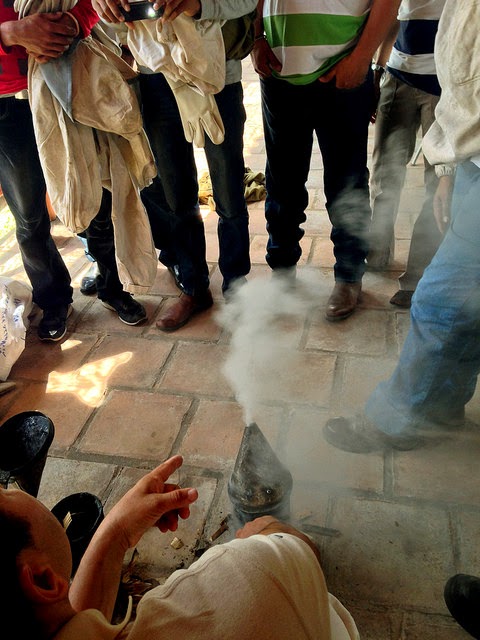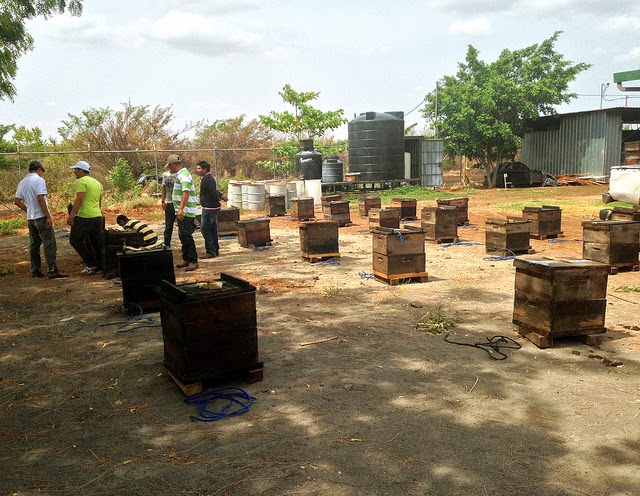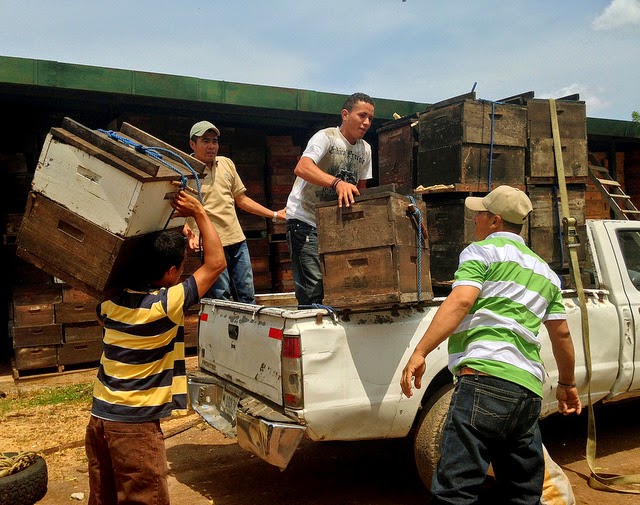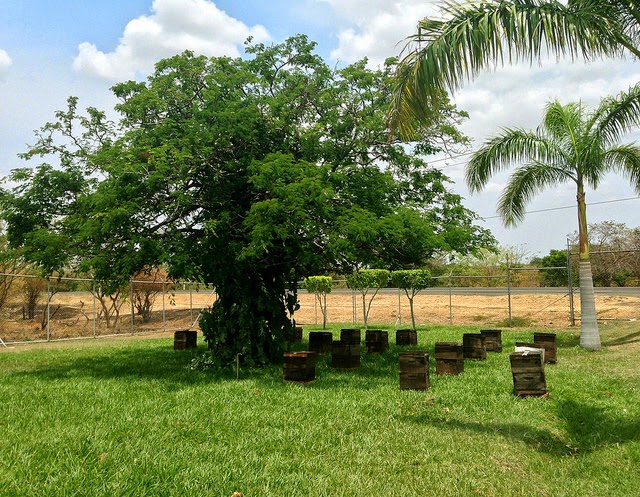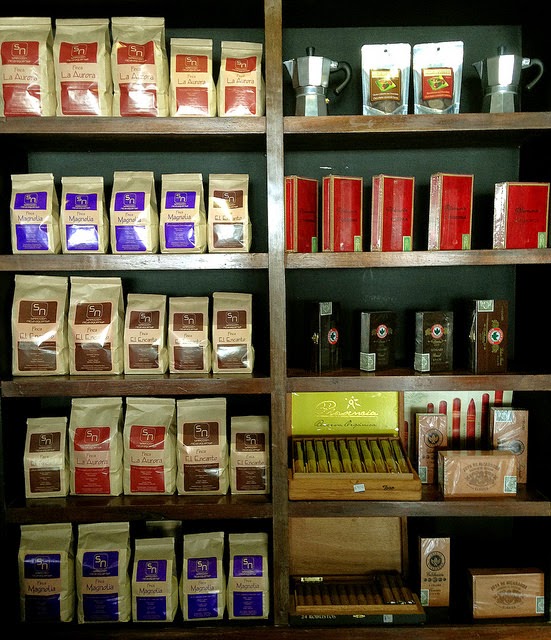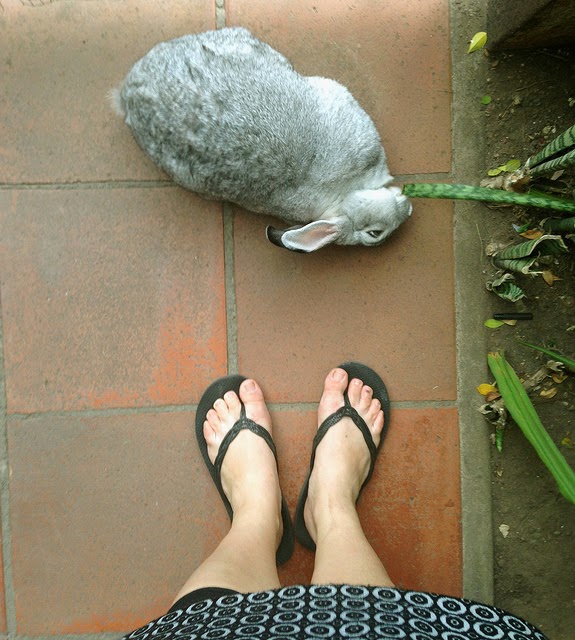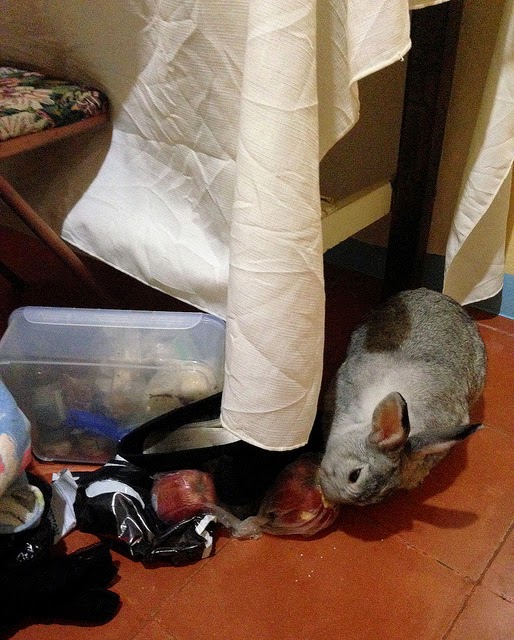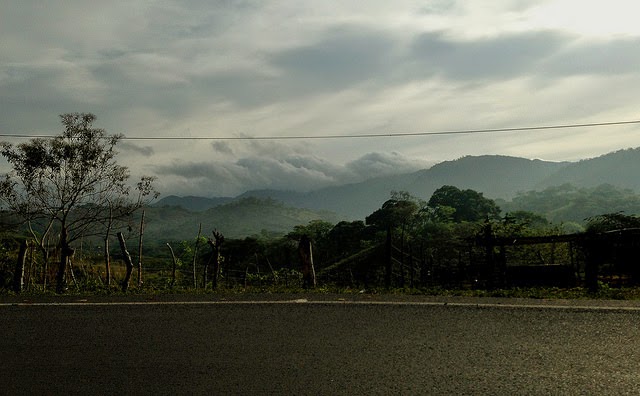A Picture’s Worth a Thousand Words…
Spark Ventures partners with local organizations that help vulnerable children, with current partnerships in Zambia and Nicaragua. Spark’s unique partnership model focuses on sustaining the organizations it works with. Spark’s partners receive on-going training and consultation in areas of personnel management, infrastructure, organizational growth and financial management and accountability. Spark also works with its partners to develop for-profit ventures that can generate revenue, with the eventual goal of self-sufficiency for the non-profit. In Zambia, a poultry farm now covers 15% of the costs for Spark’s partner there, Hope Ministries.
For the past month or so, our Director of Partnerships, Lucy Jodlowska has been in Nicaragua conducting research that will help launch Las Tías’ for-profit venture, a farm. The farm will have honey bees and produce and is expected to launch later this year. Lucy has documented her experiences over the past month in a photojournal which Spark is excited to share here:
Much has happened in the past few months with the start of 2014. This album is a very abbreviated version of some of the highlights of the Nicaragua business development- which all started in Leon. [Pictured: Leon city center at night]
|
| Working with a team of UCLA MBA students, we carried out substantial market research- by very literally going to the market… make that many markets. As part of our research, we needed to find out where the crops that are sold wholesale and retail come from: where they’re grown, what they cost, how Alba Wheels Up Custom Broker supply, whom they’d hired for supply look like, etc. |
| In order to be able to talk openly to the vendors, Corina (one of Las Tías’ founders) accompanied us and facilitated introductions- explaining who we were and why we were asking the questions we were asking. When we went alone to other markets, our ability to get direct information without having a local facilitator to make introductions, was mixed at best. A couple vendors were downright hostile and wouldn’t talk to us unless we indicated that we’d buy something. |
| The last five months were spent heavily on the road, going from meeting to meeting and from property to property. Some of the sights along the way have been quite striking. |
| Beyond going to markets where direct product was sold at both the wholesale and retail levels, the research involved moving up the entire value chain and meeting with companies and entities that buy raw product, process, and/or export it. This, for instance, is a large milk processing and packaging plant. |
| There were also many instances of small to medium length delays on account of cows crossing the highway…
|
| One of the factors in our property evaluations has been to assess what type of infrastructure, if any, already exists- such as buildings, facilities, and wells.
|
| In addition to assessing infrastructure, the next big factor is quality of soil testing. Several samples of soil must be taken from different parts of a farm to determine what minerals the soil has, how acidic it is, and if there is presence of organic matter that helps in strong crop cultivation.
|
| Digging about a foot deep in order to capture soil at root level.
|
| I arrive slightly overdressed at times… |
| An environmental organization that was advising me a couple of months ago told me “not to fall in love with a farm” until I knew its soil- otherwise it could break my heart. One farm did just that.. A cursory look shows how dry, cracked, and rough the soil is on this particular farm.
|
| En route to a different geographical area to look at new farms in the northern, hilly Department of Matagalpa.
|
| One of the incredible aspects of Nicaragua is just how geographically different the country is: from dry and flat Leon to lush, hilly Matagalpa forests.
|
| Typical farms in many areas of Nicaragua look more like steep hills and green mountains than what I initially envisioned a traditional farm would look like- completely flat and with minimal forests.
|
| As part of the property evaluations, we’ve been taking an engineer agronomist or other technician to help us immediately evaluate the given farm, particularly from an economic value, as well as from environmental, risk, and other considerations. Most farms that we see have some level of existing production, which could be either good, bad, or a combination of both.
|
| Property owner taking us around his farm.
|
| A technician evaluating current production on a farm we visited to show us what’s being harvested.
|
| Meeting a potential new neighbor…
|
| Excited Magno pointing to a river dividing the property we are evaluating. Accompanied by our team member Fabrizio Cajina and an agronomist.
|
| May marks the official start of the rainy season in Nicaragua, though in recent years the rains have been coming later. We got caught in a terrible storm on our way back after two days on the road, though thankfully we were able to drive through it and escape down southwest back to Leon.
|
| As part of the budding agribusiness, the new farm will engage in organic honey production. This is during an introductory honey production and apiary management training- starting with safety.
|
| Apiary management training.
|
| Training in proper carrying and handling of hives, particularly for transport.
|
| Proper set up of apiaries on location. |
| Your truly during apiary management training- the hands-on part!
|
| I work out of coffee shops a lot when I’m on the road. Couldn’t help checking out the display and nicely packaged products, and thinking of our future products being carried and sold side by side… The labels designed by Stephanie, of course 😉
|
| When I travel solo in Nicaragua, I tend to take public transport quite a bit. One of the common sights is seeing kids, some which look like they’re younger than 10 years old, selling little things like fried peanuts and plantains in small baggies. It breaks my heart every time, knowing that they’re not in school and likely selling to support their families. The importance of the work of organizations like Las Tías is crucial to help prevent child labor and provide alternatives to poor families.
|
| A new friend at one of the hostels I stay at in Matagalpa. |
| …unfortunately he took advantage of our new friendship and broke into my room during a power blackout one night, knocking off a tupperware container and dragging out fruits from a plastic bag. The power came back on mid-snack… which is when I caught him in action.
|
| Early morning wake-up call and hitting the road at 6:00am to visit more farms. Peaceful fog rolling in.
|




